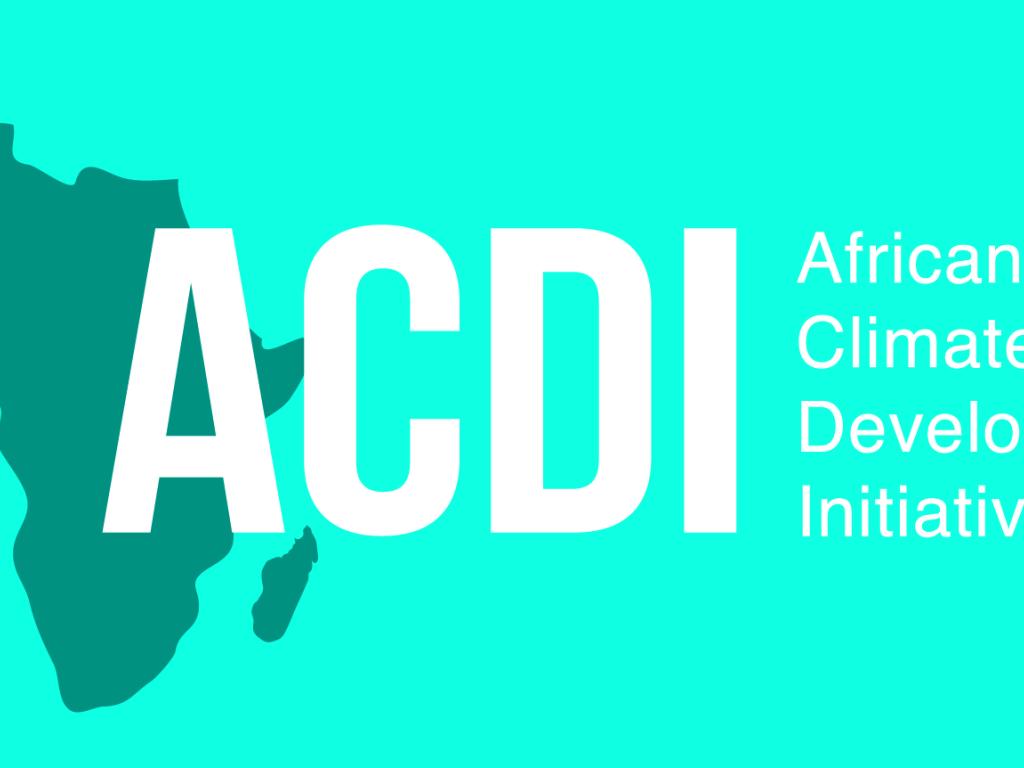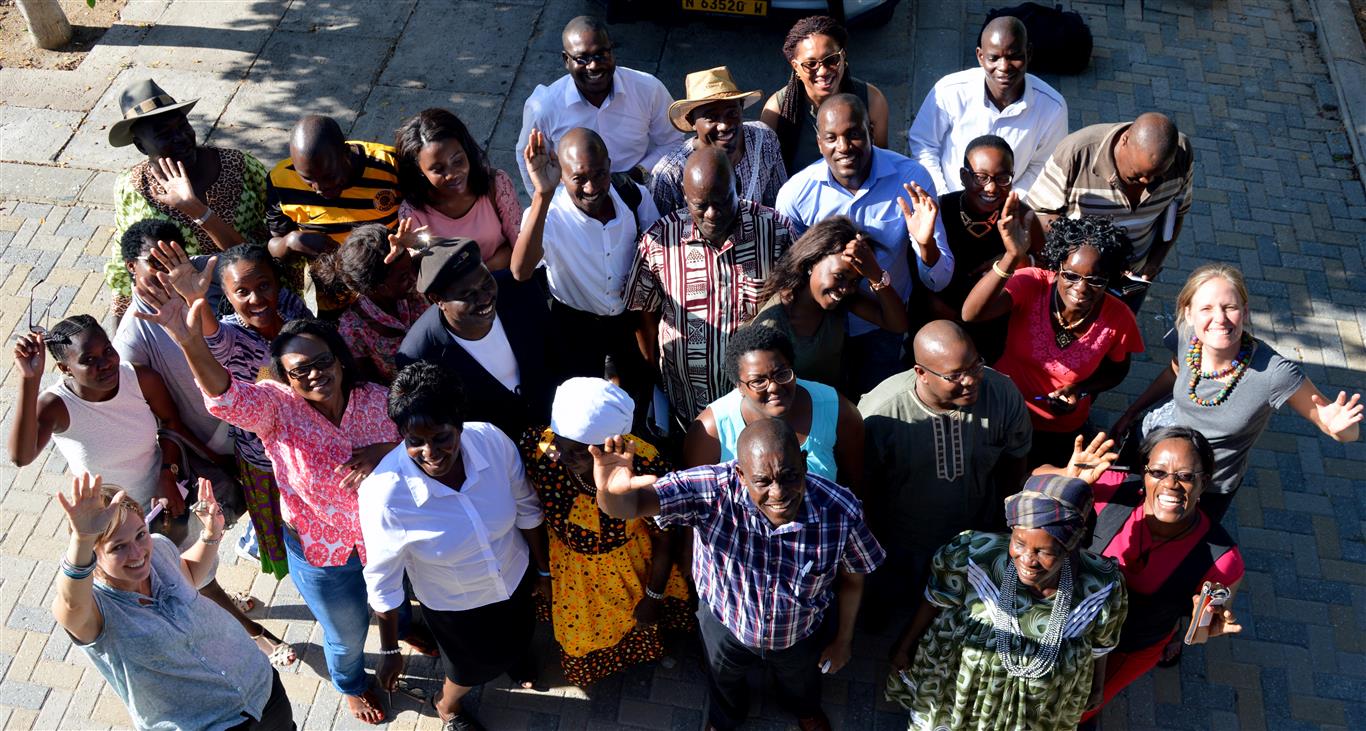Scholarships for ACDI MSc/MPhil in Climate Change and Sustainable Development

ASSAR has made two scholarships available to fund the completion of the ACDI's MSc/MPhil degree specialising in Climate Change and Sustainable Development at the University of Cape Town in 2017. These scholarships will be awarded preferentially to Namibian and Botswanan applicants, but anyone from southern Africa is eligible to apply.
Read more about the degree here, and more about the scholarships below.

General conditions:
Applicants:
-
should ideally be a national of Namibia or Botswana;
-
are required to have attained an Honours or 4-year Bachelor’s degree that is deemed to be the equivalent to an Honours degree from the University of Cape Town. Please note that the degree should include a substantial research component and that some four year degrees from the Universities of Namibia and Botswana are not recognized at the same level as those from UCT and should be supplemented with work experience in your field to qualify for Recognition of Prior Learning;
-
should have applied and been accepted onto the Master’s programme in Climate Change and Sustainable Development, as outlined here.
-
are required to register for full-time study in the relevant department at the university of Cape Town;
-
should intend to conduct a research project at an ASSAR study site and on a topic related to ASSAR, and must conduct their research on adaptation to climate change in semi-arid regions;
-
should declare any other sources of funding in which case ASSAR has the right to reduce the size of the reward on a case-by-case basis; and
-
are required to undertake to comply with the university’s approved policies and practices for the postgraduate sector.
Applicants are also required to mention that they are applying for funding from the ASSAR project, and to outline their research interests related to the work that ASSAR is conducting in Botswana and Namibia.
Although successful candidates will be permitted to take up part-time employment (maximum 15 hours per week) they may not hold scholarships and salaried/full-time employment concurrently.
Value and tenure:
The value of the scholarships is R110,000, with support for field research costs on a case by case basis. Students are requested to declare any other funding they are awarded.
Application requirements:
Suitable candidates are required to submit the following documents:
- a letter of application including research interests and motivation,
- a curriculum vitae including mention of nationality,
- the names and contact details of, or reference letters, from at least two academics who have taught, supervised or worked alongside the applicant.
Complete applications should be submitted to Nomabelu Somatube by no later than 31 August 2016.
Enquiries should be directed to Dian Spear.
Selection of eligible candidates will be made by a sub-committee within the ACDI unit.
Please note that application for the scholarship and application for a place on the Masters programme are two separate processes. You should do both at the same time.
The University of Cape Town reserves the right to make no awards at all, to cancel the award if the conditions are not met, and to effect changes to the conditions of the award. The University of Cape Town reserves the right to disqualify ineligible, incomplete and/or inappropriate applications.
Further information on ASSAR and potential student research:

The ASSAR research project aims to deepen understanding of climate vulnerability and adaptation in semi-arid regions, and what is needed to transform current adaptation processes to modes that achieve proactive, widespread adaptation. ASSAR is funded through the IDRC/DFID CARIAA (Collaborative Adaptation Research in Africa and Asia) programme.
ASSAR researchers are primarily interested in the barriers and enablers of effective long-term adaptation. The main themes of our research are governance, social differentiation, ecosystem services and knowledge systems. The overarching research questions under these themes are:
- How do existing governance structures help those most vulnerable to adapt to existing climatic and non-climatic dimensions of risk?
- How can transformative adaptation (that is effective and challenges existing inequalities) be achieved in highly differentiated and unequal social contexts?
- How can ecosystem services be managed and governed in an equitable manner to support wellbeing in the face of climate change?
- In what ways do current knowledge systems around climate change act as barriers or enablers to effective, widespread and sustained climate change adaptation in semi-arid regions?
It is expected that the student projects will be linked to case study sites in the semi-arid areas of Botswana and Namibia.